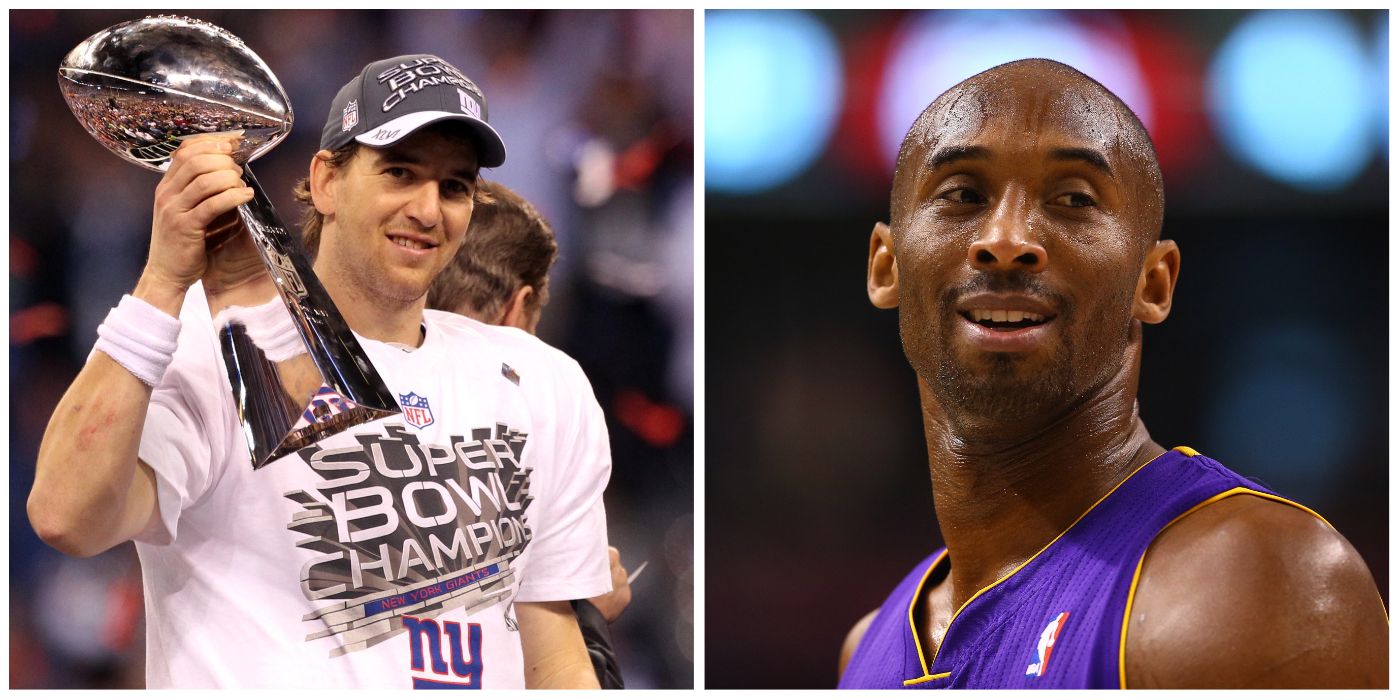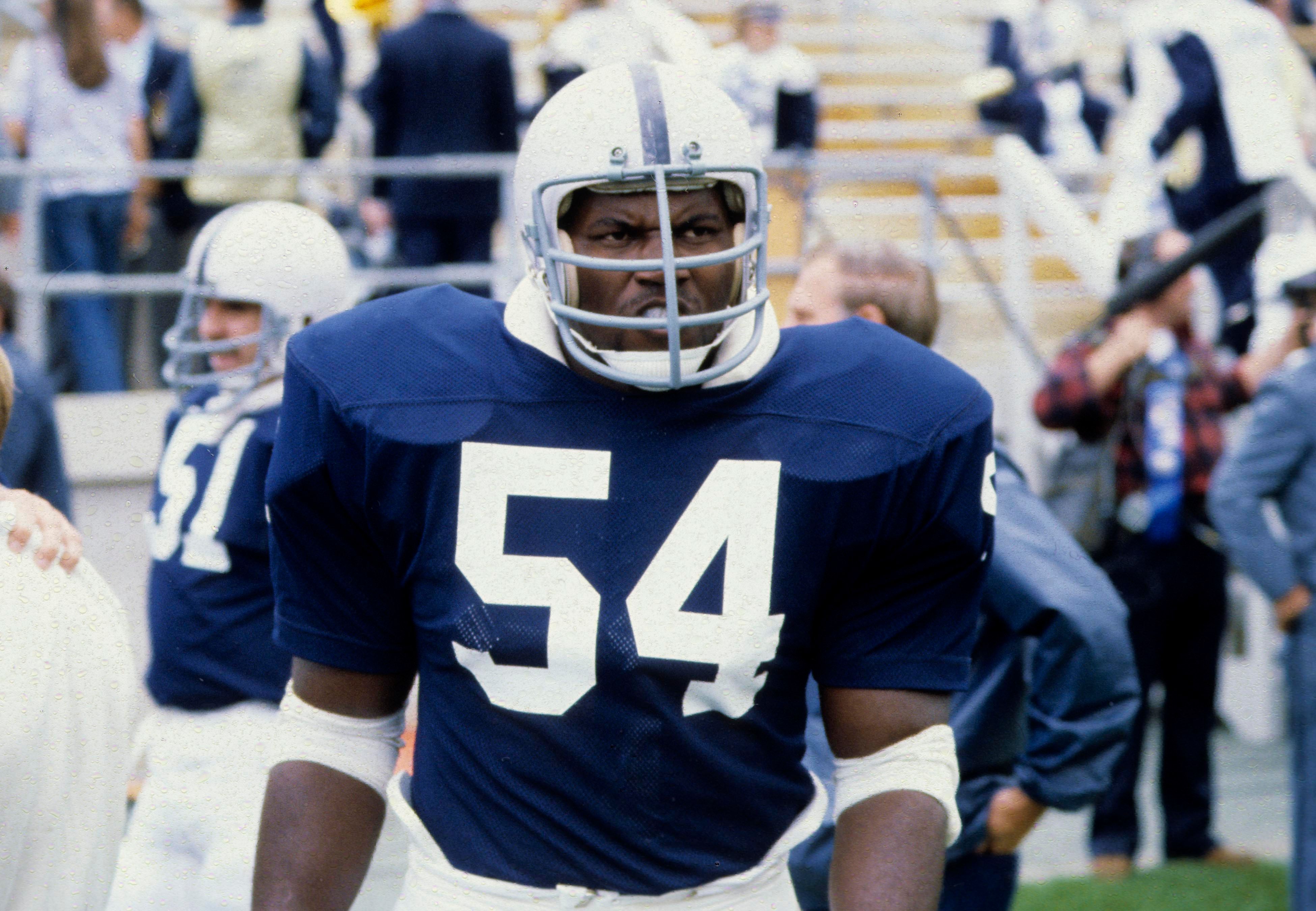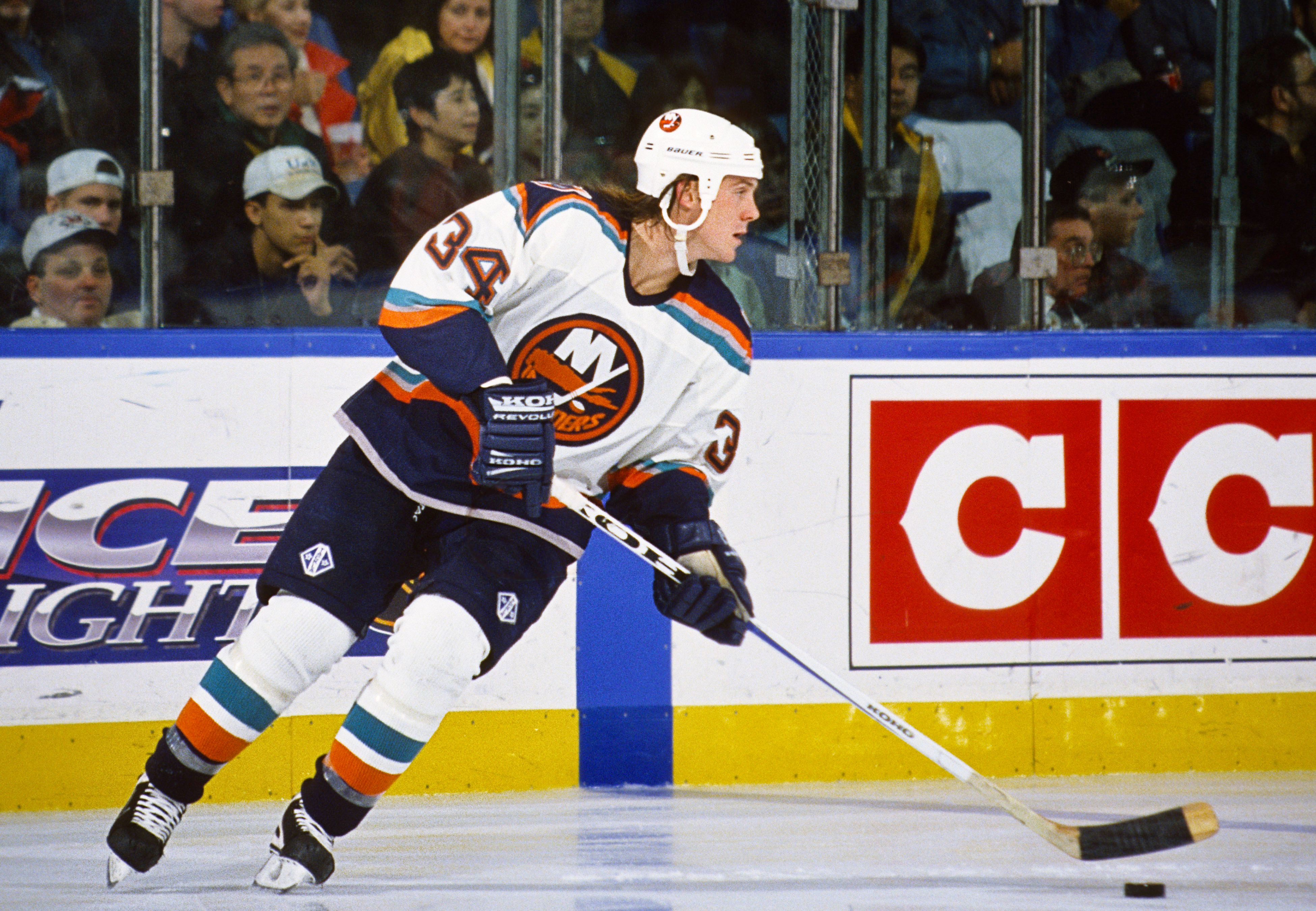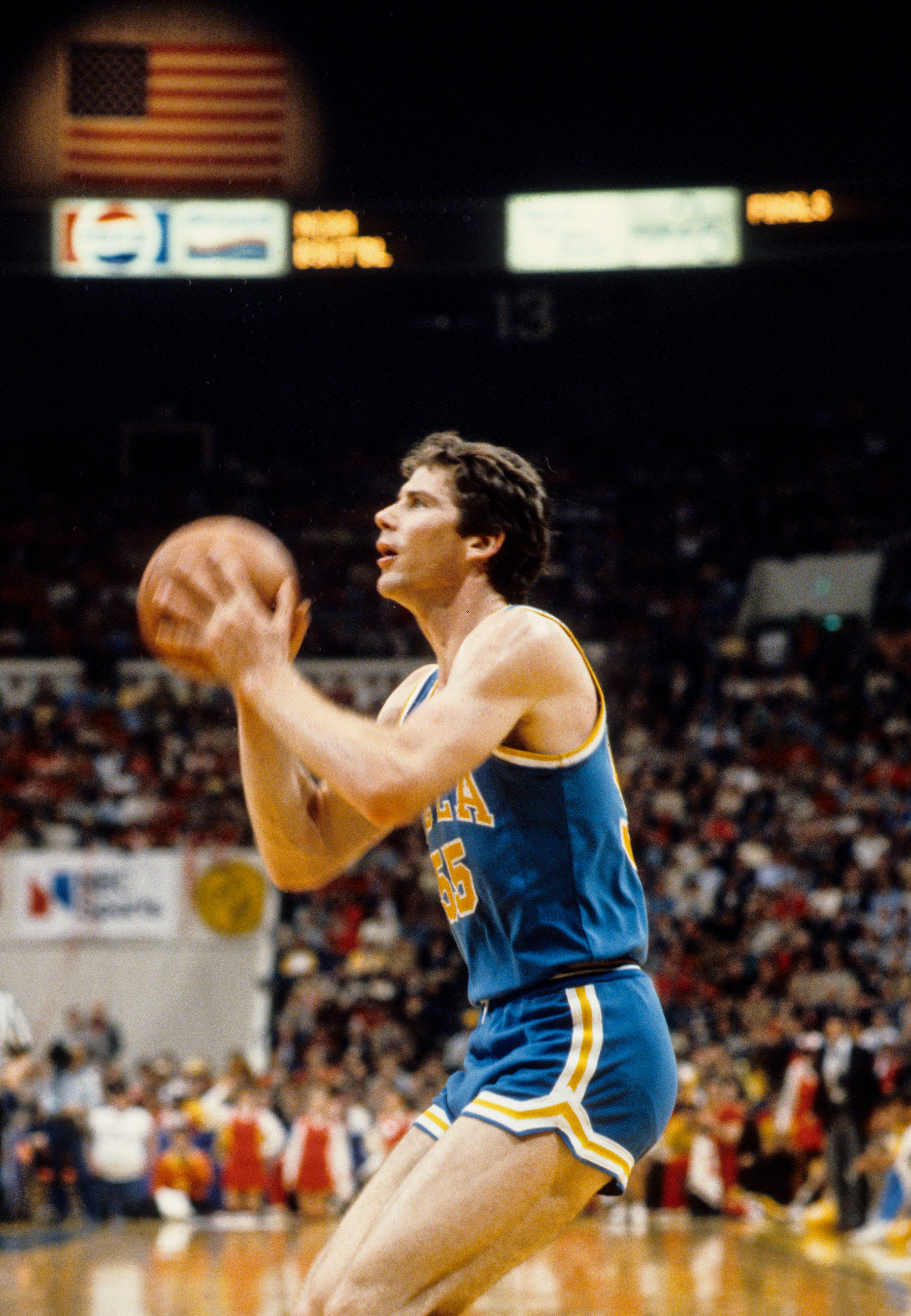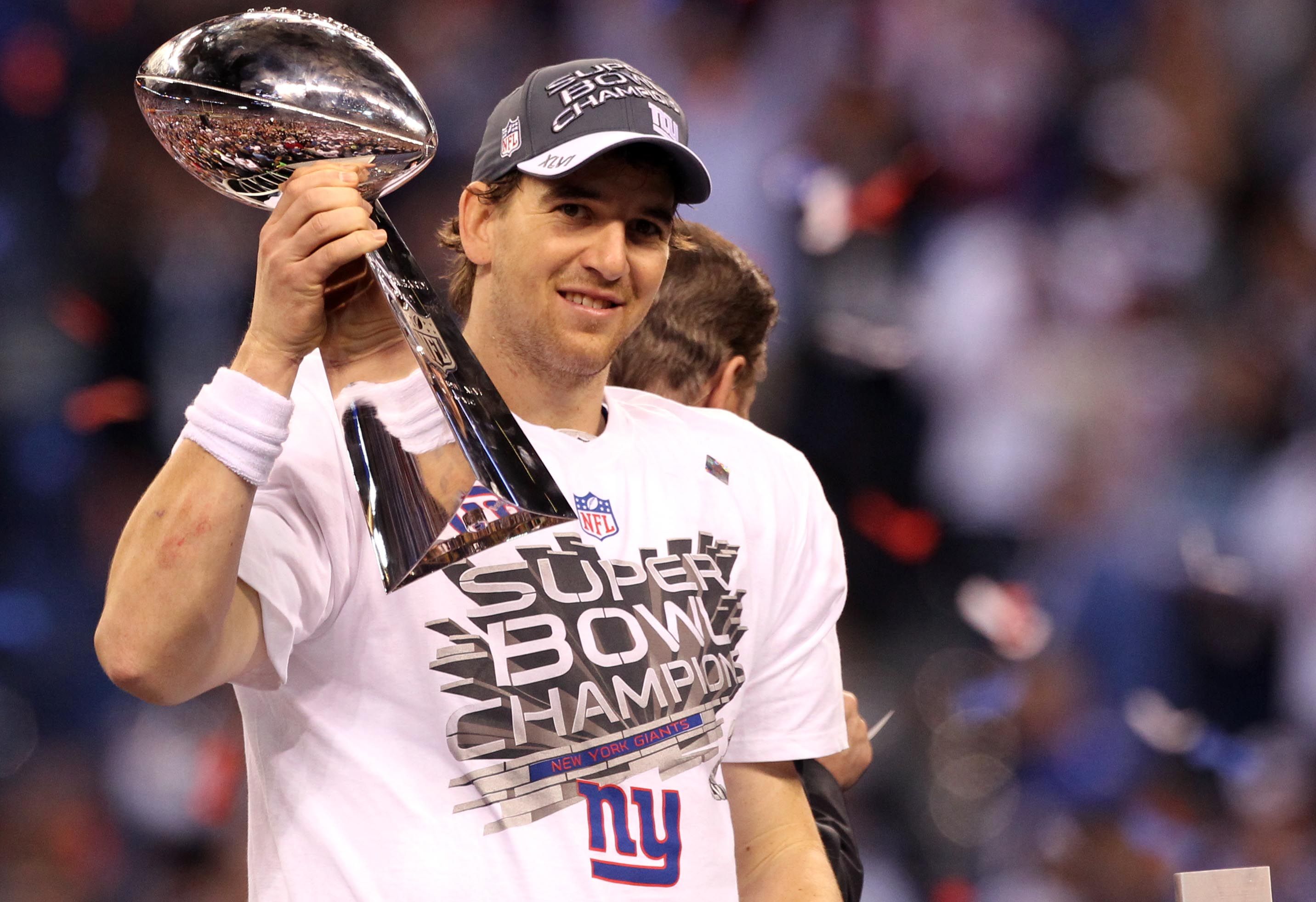Drafting players in professional sports always comes with some risk. There’s no guarantee that any given player will sign, because, of course, they have no obligation to do so. The exact regulation varies by sport, but generally the team that drafts a player can hold onto their rights for anywhere from a year to a few years, before they become a free agent. In order to avoid gaining nothing from the selection, teams will often attempt to work out a trade if a contract isn’t signed prior to the deadline.The reasons for failing to come to an agreement vary, but more often than not it’s tied to money. A player thinks he’s worth more than a team is willing to pay, or a team is simply unable to pay what the draftee should rightfully receive. Sometimes a medical concern might derail negotiations, or perhaps a discipline issue pops up, or maybe the player wants to continue his seasoning abroad - to name a few other scenarios.But once in a while, a drafted player just flat-out refuses to play for a certain team, and never does - which is exactly what we’re going to look at in this list. Maybe the franchise is struggling terribly and a star doesn’t want to have his potential wasted by playing with a loser. Other times, the drafting team is too far from a player’s home, or in a part of the country where the player does not wish to live.Regardless of the reasons, it happens - meaning the resulting trade or loss/gain of a player can dramatically alter future events on both sides of the table, and possibly for multiple teams.For better or for worse, here are the top 15 athletes that refused to play for the team that drafted them.
15 Zach Hyman
In 2010, when the Florida Panthers drafted 18-year-old Canadian phenom Zach Hyman 123rd overall, the team had just come off its ninth straight year of missing the playoffs. Hyman instead opted to attend the University of Michigan, where he won a whole host of awards before graduating in 2015. The Panthers, who still held Hyman’s rights, rewarded him with a contract offer. Even though Florida had made the playoffs during Zach’s college career (only their second appearance in 12 years), it still wasn’t enticing enough for the young player, who announced his intent not to sign with the team, and instead opted for free agency.
Luckily for the Panthers, a trade was worked out that sent Hyman to Toronto (his home city) in exchange for Greg McKegg. Hyman scored his first NHL goal on March 7, 2016 against the Buffalo Sabres.
14 Bruce Clark
The Green Bay Packers possessed the fourth overall pick of the 1980 NFL Draft and, looking for a nose tackle, GM/head coach Bart Starr drafted defensive end Bruce Clark out of Penn State - even though Starr was well aware that Clark refused to switch positions. Figuring he would eventually relent, Starr made the pick anyway, and true to his word, Clark refused to sign. This was mishandled so badly by Green Bay that they couldn’t even manage to trade Clark and get something - anything - in return before their draft rights expired.
Instead, Clark opted to play for the CFL’s Toronto Argonauts, where he remained for two seasons before eventually signing with the New Orleans Saints for seven years (1982 to 1988), and the Kansas City Chiefs in 1989, his final season.
13 Bryan Berard
When the Ottawa Senators picked 18-year-old Bryan Berard first overall in the 1995 NHL Draft, they were a three-year-old expansion team who had finished last in every season they existed up until that point (including a particularly pitiful 10-win season in 1992-93). Not willing to be part of the team’s strategy to aim low and secure a high draft pick, Berard refused to report to Senators camp. He was eventually traded (along with Martin Straka) to the New York Islanders for Wade Redden and Damian Rhodes. Berard went on to win the Calder Trophy and, despite receiving a debilitating eye injury in 2000, managed to play 619 games in his 10-year NHL career.
12 Ernie Davis
Prior to the 1962 NFL Draft, there was only one remaining team that had failed to integrate racially: the Washington Redskins. In addition to trying to appease the mostly white and southern fanbase, Washington founder and owner George Preston Marshall was a notorious, open, and unashamed racist. However, United States Interior Secretary Stewart Udall threatened to revoke the team’s 30-year lease on their new city-owned stadium if the ‘Skins didn’t sign at least one black player before the start of the season. Although Marshall couldn’t bring himself to make the decision, he deferred to GM and head coach Bill McPeak, who selected Syracuse halfback and Heisman winner Ernie Davis first overall.
In response, and in reference to Marshall, Davis reportedly said, “I won’t play for that S.O.B.” He demanded a trade, and Washington sent Davis to the Cleveland Browns in exchange for Bobby Mitchell. In a sad twist, Davis died of leukemia before ever playing a down in the NFL. His story was later immortalized in the 2008 film The Express.
11 Kiki Vandeweghe
In 1980, the NBA added a new expansion team, the Dallas Mavericks, and awarded them the 11th pick in the 1980 Draft. The team selected UCLA star forward Kiki Vandeweghe, who flat-out refused to play for the new, unproven team, and staged a holdout that lasted into the first month of the season. Vandeweghe was eventually traded to the Denver Nuggets on December 3, 1980 (for two future first-round picks, who turned out to be Rolando Blackman and Sam Perkins) without ever putting on a Mavs jersey. He played in the NBA for another 13 seasons and was booed relentlessly every single time he visited Dallas.
10 Steve Francis
After getting selected second overall in the 1999 NBA Draft by the Vancouver Grizzlies, point guard Steve Francis immediately expressed his displeasure with the team - citing the distance from his Maryland home, taxes, endorsements, and even “God’s will” as reasons. Heated negotiations followed in an attempt to keep Francis in Vancouver, but the Grizzlies eventually worked out a three-team, 11-player trade that sent him to the Houston Rockets just prior to the start of the 1999-00 season. This was no easy feat, and at the time it was the largest NBA trade ever executed. Francis went on to win Rookie of the Year and earned three All-Star selections in his nine-season NBA career.
9 Rich Gannon
In 16 NFL seasons, Rich Gannon won the NFL MVP Award, was an AFC Champion, and earned four Pro Bowl selections (and was the MVP in two), in addition to countless other awards and achievements - all as a quarterback. However, when Gannon was picked by the New England Patriots in the 4th round of the 1987 Draft, the team informed the QB that they actually envisioned him becoming a wide receiver, defensive back, or running back.
Thankfully for Gannon (and probably the Patriots too), he ended up securing a quick trade to the Minnesota Vikings for two draft picks. Although Gannon only found mixed success while sharing quarterback duties early in his NFL career, once he became a starter with the Raiders in 1999 he finally reached his full potential (and then some) in four glorious seasons in Oakland.
8 Eric Lindros
In advance of the 1991 NHL Entry Draft, center Eric Lindros made it clear that he would not sign with the Quebec Nordiques if they selected him first overall, citing Quebec City’s isolation, the team’s lack of marketing potential, and the general “French character” as reasons. Nevertheless, the Nordiques picked Lindros, and made it clear they intended to keep him. It took a full year (and possible intervention by NHL President Gil Stein) for Quebec to finally agree to trade Lindros, but the complications weren’t over yet. The team somehow agreed to massive deals with both the Philadelphia Flyers and New York Rangers, and an arbitrator had to come in to settle things. The arbitrator eventually decided (11 days after the draft) that the Flyers were the rightful owners of Lindros, having secured a deal only 80 minutes prior to the Rangers.
7 Billy Owens
The early ‘90s weren’t especially kind to the newly-relocated Sacramento Kings, who notoriously went 1-40 on the road in 1990-91. In the next NBA draft, they picked Syracuse standout Billy Owens 3rd overall, but Owens refused to sign with the floundering team. He remained a holdout when the season started, and in order to avoid walking away empty-handed, the Kings traded Owens to the Golden State Warriors for Les Jepsen and Mitch Redmond. In the end, Sacramento ended up being the winners here, as Redmond went on to have a much better career, including earning six All-Star nods in seven seasons with the Kings.
6 Dominique Wilkins
After averaging 21.6 points per game at the University of Georgia, Dominique Wilkins was selected third overall by the Utah Jazz in the 1982 NBA Draft, and he was not happy about it. Wilkins expressed a reluctance to sign with the perpetually struggling club, and thanks to cash flow problems, he soon got his wish after being traded to the Atlanta Hawks prior to the start of the 1982-83 season. The deal, which saw the Jazz receiving John Drew, Freeman Williams, and $1 million, turned out to be one of the most lopsided trades in NBA history. While Wilkins went on to become the all-time leading scorer for the Hawks with nine All-Star appearances, Drew and Williams only spent a combined four seasons with the Jazz.
5 Bo Jackson
Prior to the 1986 NFL Draft, it was universally known that the Tampa Bay Buccaneers intended to select Heisman winner Bo Jackson (who played both football and baseball at Auburn) with the number one pick. However, Jackson’s relationship with the Bucs was a bit complicated. Tampa had previously flown Bo to meet with team management on owner Hugh Culverhouse’s private jet, which was a violation of NCAA rules (even though Hugh had reassured Jackson prior to the trip that it wasn’t), and prematurely ended Bo’s collegiate baseball career.
Furious that Culverhouse lied, Jackson vowed to never play for the Buccaneers, even if they drafted him. Sure enough they did, and Bo stuck to his word, opting to play baseball instead. Prior to the 1987 NFL Draft, the Bucs forfeited Bo’s rights, and he was selected in the 7th round by the Los Angeles Raiders, who allowed him to play both sports. However, Jackson’s NFL career ended after a hip injury in 1991, and he retired from baseball in 1994 to spend more time with his family.
4 Jim Kelly
Prior to the 1983 NFL Draft, Jim Kelly’s agent asked if there were any teams he didn’t want to sign with. Kelly singled out Minnesota, Green Bay and Buffalo due to the cold climate in each city. In the first round, the Packers and Bills passed on a relieved Kelly with the 11th and 12th picks, but Buffalo had another pick in the 14th spot, and they used it on him. As you probably know, Jim Kelly eventually became a Hall of Fame quarterback with the Bills, but at first he flat-out refused to play for them.
In fact, he signed with the United States Football League after the league’s general manager called Kelly during a meeting with Buffalo and was somehow patched through. It took a full two seasons and the total collapse of the USFL for Kelly to eventually relent, sign with Buffalo, and go on to become one of the best players in franchise history.
3 Eli Manning
Remember the day Eli Manning was drafted? It was April 24, 2004, and in the days prior, Eli and his father, former NFL quarterback Archie Manning, had announced and stressed that Eli would not sign with the Chargers if they drafted him with the first overall pick. They both had some crazy idea that a superstar quarterback drafted out of Ole Miss could have his career ruined by getting drafted by a bad team. (Paging Archie Manning…) Nevertheless, San Diego picked him, and Eli shuffled onstage and reluctantly shook hands while sheepishly holding up a Chargers jersey emblazoned with no.1.
In a post-pick interview with ESPN, Manning reasserted his position, saying hopefully a trade would be worked out. Sure enough, later that day the New York Giants pulled off a blockbuster to pick up Eli - and all he gave them in return was a pair of Super Bowl rings.
2 Kobe Bryant
Everybody knows that Kobe Bryant spent his entire 20-year NBA career with the Los Angeles Lakers, but many forget that LA wasn’t the team that actually drafted him. Kobe was initially selected 13th overall in the 1996 NBA Draft by the Charlotte Hornets. Both Bryant and his agent, Arn Tellem, stressed that Kobe would never play in Charlotte and that him signing with the team was “an impossibility” (according to Arn). This was just fine, because believe it or not, Charlotte never had any intention of keeping Kobe.
The two teams had actually agreed to a trade before the draft even took place, with only the details needing to be worked out. Only a few days later, Bryant was sent to the Lakers (the only team he wanted to play with from the beginning) for Vlade Divac, and Kobe of course went on to have one of the greatest careers in the history of the game.
1 John Elway
When John Elway was in college at Stanford, he wasn’t just a tremendous quarterback, he was also a right fielder and pitcher on the baseball team who hit .361 with 9 home runs and 50 RBI in 49 games, while earning a 4.51 ERA and a 5-4 record. When selected first overall in the 1983 NFL Draft by the Baltimore Colts, Elway refused to sign with the poorly performing team (and his father advised him against playing for harsh head coach Frank Kush) and demanded a trade instead. Elway’s agent, Marvin Demoff, later said John "would be a garbage collector before he'd play for Baltimore."
Using his potential baseball career as leverage (George Steinbrenner was, in fact, aggressively pursuing Elway), the Colts eventually traded him to the Denver Broncos for Chris Hinton, Mark Herrmann, and a first-round pick in 1984. Elway of course would go on to have one of the best careers in the history of the NFL, winning two Super Bowls and earning nine Pro Bowl selections and an MVP Award over 16 NFL seasons - all with the Broncos.

